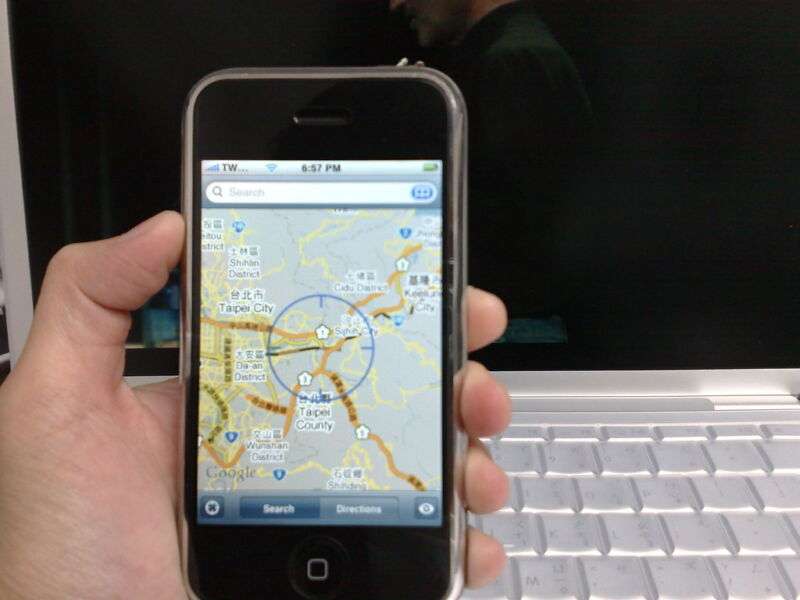
Beware of find-my-phone, Wi-Fi, and Bluetooth, NSA tells mobile users
And don’t forget to limit ad tracking. Advisory contains a host of recommendations. …
 reader comments
reader comments
97 with 71 posters participating
The National Security Agency is recommending that some government workers and people generally concerned about privacy turn off find-my-phone, Wi-Fi, and Bluetooth whenever those services are not needed, as well as limit location data usage by apps.
“Location data can be extremely valuable and must be protected,” an advisory published on Tuesday stated. “It can reveal details about the number of users in a location, user and supply movements, daily routines (user and organizational), and can expose otherwise unknown associations between users and locations.”
NSA officials acknowledged that geolocation functions are enabled by design and are essential to mobile communications. The officials also admit that the recommended safeguards are impractical for most users. Mapping, location tracking of lost or stolen phones, automatically connecting to Wi-Fi networks, and fitness trackers and apps are just a few of the things that require fine-grained locations to work at all.
The cost of convenience
But these features come at a cost. Adversaries may be able to tap into location data that app developers, advertising services, and other third parties receive from apps and then store in massive databases. Adversaries may also subscribe to services such as those offered by Securus and LocationSmart, two services that The New York Times and KrebsOnSecurity documented, respectively. Both companies either tracked or sold locations of customers collected by the cell towers of major cellular carriers.
Not only did LocationSmart leak this data to anyone who knew a simple trick for exploiting a common class of website bug, but a Vice reporter was able to obtain the real-time location
Continue reading – Article source




